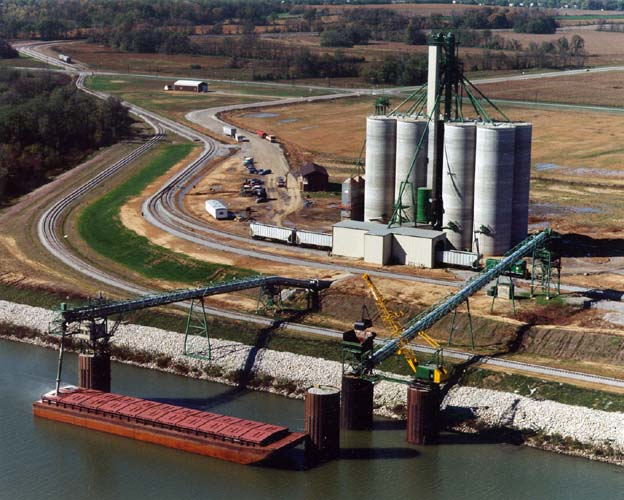5 Things Grain Buyers May Not Tell A Grain Merchandiser
The reason behind some buyers not volunteering this information to the elevator grain merchandiser isn’t necessarily deceitful; rather, it can be...

Let’s talk about spreads for a moment – Carry Spreads, Flat Spreads, and Inverted Spreads. It’s no secret that spreads play a big role in how successful a grain merchant is each year. However, while they play a role in success, spreads shouldn’t determine IF a merchant is successful or not.

The prevailing wisdom and accepted consensus of those in the grain business and associated with the grain business is that elevators only make money in years where there is carry in the market. Though it is true that elevators can and do make money in carry markets, it is a myth to believe they can’t make margins in years of flat or inverted markets. In fact, many of our White Commercial customers have had the most profitable years in their history over the last couple of years with no carry in the market. I could give you a pretty extensive list of very successful grain merchandisers that have become so skilled at trading in flat and inverted markets that they would tell you they would prefer those markets over carry markets each year!
The fallout from the myth that elevators can’t make much money in years without carry spreads is tragic in my opinion. Entrepreneurs let their working capital shrink so they can get by and keep their customers happy for the promise of future years when there is carry. Co-op Boards let it slide or even praise their managers and merchandisers for making some grain margin when in fact their margins should be double or triple in many cases. End users don’t get the service they need from these commercial grain handlers, and the most efficient grain market in the world loses some of its efficiency. Thus, we fail at our joint mission in agriculture to feed the world in the most cost effective way possible.
Elevator profitability isn’t the only benefit of being a master of flat and inverted markets. A skilled merchant provides good, reliable service to the end user during stressful times of limited supply. Many times, their skillful selling allows them to be the best market for grain for farmers with their own space and trucks. That’s right, the skilled merchant grows his business in years with less grain because he provides excellent service to his farmer customer and end user customer that they remember for years to come.
Another secret of skillfully trading flat and inverted markets: it doesn’t take near as much money as carrying grain in carry markets. So, that means less interest costs at the bank, less margin calls, positive cash flow, and a greatly reduced stress level for the merchandiser, manager, and board.
So how do grain merchandisers make money in flat and inverted markets? They have to be skillful and proactive sellers. They have to know what their buyers need and how to service them. They have to know what their farmers need and how to service them. They have to control their space at all times. They have to get comfortable being short the basis.
We can teach you every detail of how to do this successfully in our upcoming Direct Ship Merchandising course as well as in our Grain Merchandising Certification courses. Here’s how to sign up:

The reason behind some buyers not volunteering this information to the elevator grain merchandiser isn’t necessarily deceitful; rather, it can be...
.png)
Unmet expectations are the springboard for all kinds of human problems. When things don't go as expected, the likelihood of becoming irrational or...

Most merchandisers don’t enjoy trading markets with small carries and/or inverted spreads, but by all appearances, that is what the market is going...